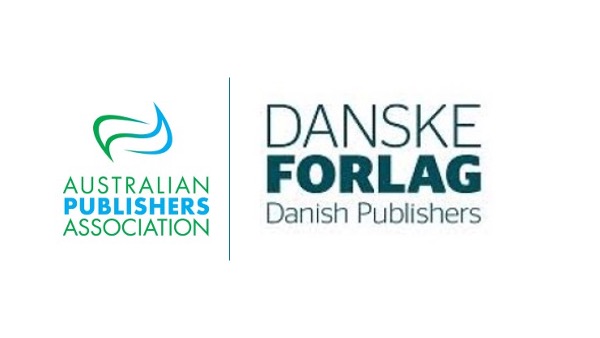On 15 September, the consultation closed on the interim report Harnessing data and digital technology, presented by the Government of Australia’s Productivity Commission.
The Australian Publishers Association made its formal submission to the Commission which you can read here. The IPA also made a separate submission with the support of a number of our members.
The important submission outlined the significant risks associated with the proposed Text and Data Mining (TDM) exception and comparative workability of licensing. It was made in close collaboration with the IPA, STM, IFRRO, the Copyright Agency, the Australian Society of Authors and The Publishers Association (UK). Some APA members also prepared and lodged their own submissions and the APA had planned further meetings with Commissioners to present the publishing sector’s perspectives on copyright, innovation, and responsible AI regulation.
Read about the work of the APA here: https://www.linkedin.com/feed/update/urn:li:activity:7373955254448672769/?actorCompanyId=3501593
—
In Denmark on the same day, the Expert Group on Copyright and Artificial Intelligence presented its ten recommendations to the Minister of Culture. The Minister reacted saying: ‘I completely agree with the expert group that we must put an end to the relatively unhindered ability to throw a book into a language model and exploit the content without paying the author.’
The ten recommendations were:
- Effective transparency in training data
- Effective reservation options or new rules for text and data mining
- Improving the framework conditions for collective licensing
- Pilot scheme for mandatory arbitration to resolve conflicts of rights in the area of press publications
- Protection against digital imitations of individuals’ personal characteristics
- Require technical measures to prevent illegal uploading and copying of copyrighted content on AI services
- Conditional public prosecution in copyright and artificial intelligence cases that are technically and territorially complex
- Investigate possible initiatives to strengthen the use of human-generated content
- Guidance and awareness-raising on copyright and artificial intelligence
- Clarification in copyright legislation that the provision of artificial intelligence systems constitutes making available to the public.
The expert group was established by the Minister of Culture in June 2024 to look into the need for new rules and initiatives in a time when artificial intelligence is making its way into society. Among the participants in the expert group have been representatives from the Copyright Council, the Rights Alliance, the Danish Confederation of Trade Unions, the Confederation of Danish Enterprise, the Danish Media, the Royal Library, as well as technical and legal experts.
You can read the full report (in Danish) here.
Danish Minister of Culture, Jakob Engel-Schmidt said: “There is no doubt that artificial intelligence holds many possibilities. But artificial intelligence is fundamentally changing the conditions for artists. We must ensure that our artists do not end up as losers, while tech companies, like a bunch of irresponsible vultures, eat away at works, rights and creativity. We cannot stand this as a society. Development has progressed extremely rapidly, and now with a few clicks you can create music, images and films with powerful inspiration and data from real works.
I completely agree with the expert group that we must put an end to the relatively unhindered ability to throw a book into a language model and exploit the content without paying the author. We must make it as difficult as possible to upload copyrighted content. I will take this to my colleagues in the EU, because that is where the solutions lie.
I know that it has not been an easy task to arrive at the recommendations that we have now, so I would like to thank everyone involved.”

